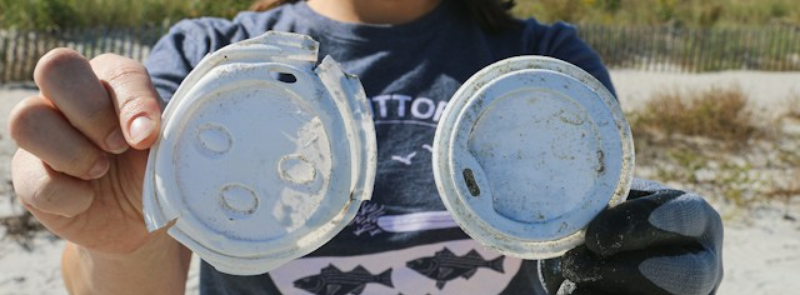
When It Occurs
Annually Third Saturday of September
Official Website
Timeline
Days Passed (890)
# Hashtags
#InternationalCoastalCleanupDay #CleanShorelines
The Ocean Conservancy, an organization dedicated to safeguarding the ocean, established International Coastal Cleanup Day in 1986 on the west coast of Washington State in the United States. This annual event, now observed on the third Saturday of September each year, aims to address the challenges that the ocean encounters and promote efforts to protect its health.
History and Background
- Establishment: International Coastal Cleanup Day was initiated by the Ocean Conservancy, a non-profit environmental advocacy group, in 1986.
- First Cleanup: The first event took place in Texas, USA, where volunteers collected debris from the shorelines, marking the beginning of a global movement.
- Date: ICCD is held annually on the third Saturday in September.
Objectives and Significance
- Raising Awareness: To increase public awareness about the impact of marine debris on marine life, human health, and coastal economies.
- Engaging Communities: To encourage communities to take action in protecting and preserving the marine environment through cleanup activities.
- Data Collection: To gather data on the types and quantities of debris found, which helps in understanding pollution sources and developing strategies to combat marine litter.
- Promoting Environmental Stewardship: To inspire individuals and organizations to adopt sustainable practices and reduce waste.
Activities and Celebrations
- Beach Cleanups: Volunteers gather at beaches, rivers, and lakes to collect trash and debris. These events are often organized by local environmental groups, schools, businesses, and government agencies.
- Data Reporting: Participants record the types of debris collected using data cards or mobile apps. This data is then submitted to the Ocean Conservancy for analysis and reporting.
- Educational Workshops: Workshops and seminars are held to educate the public about marine pollution, its sources, and its effects on the environment and human health.
- Community Engagement: Events such as environmental fairs, exhibitions, and film screenings are organized to engage the community and spread awareness.
- Social Media Campaigns: Participants and organizers use social media to share their experiences, promote the cause, and encourage others to join the cleanup efforts.
How to Participate
- Join a Cleanup: Find a local cleanup event through the Ocean Conservancy’s website or other environmental organizations and participate in the cleanup activities.
- Organize an Event: If there isn’t an existing event in your area, organize a cleanup with friends, family, or community groups.
- Collect and Report Data: Use the Ocean Conservancy’s Clean Swell app or data cards to record and report the debris you collect.
- Spread Awareness: Use social media to share information about marine debris and the importance of clean waterways. Use hashtags like #CoastalCleanup and #ICCD to join the conversation.
- Adopt Sustainable Practices: Reduce your own plastic use, recycle properly, and support policies and products that minimize waste.
Global Participation
- Worldwide Involvement: ICCD sees participation from millions of volunteers in over 100 countries, making it one of the largest volunteer efforts for ocean health.
- Support from Organizations: Environmental groups, schools, businesses, and government agencies around the world support and organize events for ICCD.
- Corporate and Institutional Support: Many corporations and institutions participate by organizing employee volunteer events and providing resources for cleanups.
Resources and Support
- Ocean Conservancy: Provides tools and resources for organizing cleanups, including data cards, promotional materials, and educational resources.
- Local Environmental Organizations: Offer support in terms of organizing events, providing cleanup supplies, and mobilizing volunteers.
- Educational Materials: Resources such as lesson plans, activity guides, and informational brochures are available to help educate communities about marine pollution.
Notable Observations and Examples
- Significant Impact: Since its inception, ICCD has removed millions of pounds of trash from beaches and waterways, highlighting the widespread issue of marine debris.
- Data Utilization: The data collected during ICCD is used to inform policy changes, create awareness campaigns, and support scientific research on marine pollution.
- Community Stories: Many communities share success stories of how ICCD has brought them together to make a positive impact on their local environment.
Key Messages
- Every Piece Counts: Even small efforts can make a big difference in reducing marine debris and protecting ocean health.
- Preventing Marine Debris: Education and behavior change are crucial in preventing litter from reaching waterways in the first place.
- Global Responsibility: Protecting the oceans is a global responsibility that requires collective action from individuals, communities, and governments.
International Coastal Cleanup Day is a powerful movement that mobilizes volunteers worldwide to take action against marine pollution. By participating in cleanups, raising awareness, and adopting sustainable practices, everyone can contribute to the health and preservation of our planet’s vital waterways.


